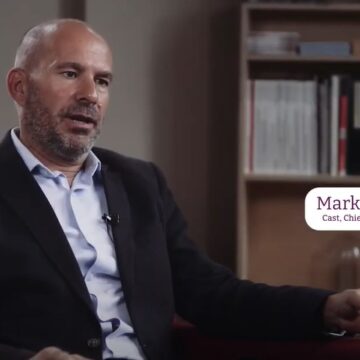Employers will be able to use 25 per cent of their apprenticeship levy funds on people working for businesses in their supply chain, Philip Hammond has announced.
The increased flexibility will be funded by a £90m cash injection from the government, and is a response to “concerns about how the apprenticeship levy is working”, the chancellor said at the Conservative Party Conference.
At present, levy funds can only be used to train apprentices on one of the new apprenticeship standards, which are assigned a funding band and approved for use by the Institute for Apprenticeships.
Levy funds cannot be used on any of the old apprenticeship frameworks. Prior to the change announced this week, apprentices had to be directly employed by the employer using the levy fund.
Cast CEO Mark Farmer said the change did not go far enough, arguing that the 25 per cent cap did not “reflect how big businesses could better support the smaller businesses they rely on”.
“The larger contractors and housebuilders only employ 10-15 per cent of the industry, so there is the very real potential for a continued massive underspend of the collected levy,”
Mr Farmer said.
Businesses have complained about the number of new and relevant apprenticeships available to them on which they can spend their levy funds.
From the moment a business starts paying into their levy account, they have two years to use the money before the levy account expires.
The levy was introduced in April 2017. In the 12-month period to April 2018, there were 156,400 fewer apprenticeship starts year on year.
Government has sought to address this with a separate £5m package for the IfA designed to “introduce new standards and update existing ones so that more courses can be offered”.
The IFA has faced criticism over the way new apprenticeship schemes are developed.
The body is engaged in an ongoing dispute with The Royal Town Planning Institute over who is in charge of setting professional standards.












